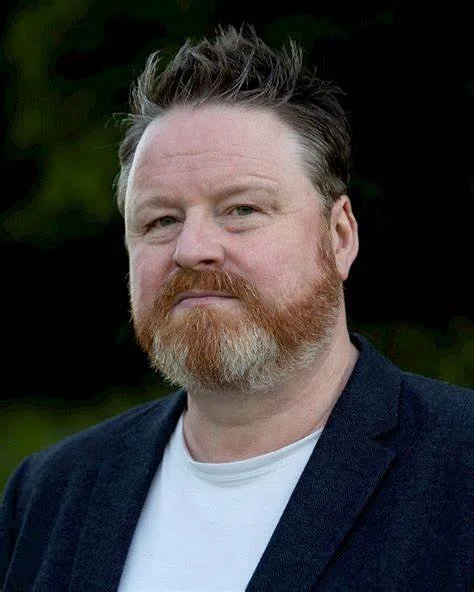Interviewing Gareth L Powell
Hellllooo!!
I really enjoyed reading Stars and Bones by Gareth L Powell a gloriously inventive and ambitious lice of space opera which promises a fascinating new SF series. I was very lucky to get the chance to get Gareth to answer a few questions on the book.
How do you like to booktempt Stars and Bones?
I’ve jokingly referred to it as Battlestar Galactica meets The Thing, as it’s a widescreen space opera with a sprinkling of cosmic horror.
You’re largely,initially, telling this tale from two core character perspectives what can you tell us about Eryn and Haruki and why did these two characters appeal?
Eryn is a scoutcraft pilot on a mission to find out what happened to her sister. She’s independent and a bit of a loner, breaking new ground while also existing a little apart from the rest of society. In contrast, Haruki starts out as the world’s richest man. As owner of the world’s largest communications network, his influence stretches to the highest political levels; but when World War III breaks out and the nukes start flying, he begins to see that his fortune might not be worth as much as he thought…
How much fun was it creating these little human archipelagos in spaceships? What has this book allowed you to experiment with in terms of what human groups are?
In the book, humanity has been cast adrift in a thousand 25-mile-long arks, and each ark has customised its interior and exterior appearances to match its own preferences, and the preferences of the millions of people that live on it. As there’s a web of instantaneous transport between the arks, likeminded groups have tended to congregate on the arks that best match their temperaments or climate. This means that instead of a swarm of cookie-cutter starships, the characters have a thousand unique and quirky environments to explore, which was a lot of fun as a writer.
Exploring what is humanity is a key theme in your work. Why is SF and space opera well equipped to do this? Is this why we also need non-humans in our stories?
SF and space opera allow us to place ourselves in the context of the wider universe and ask the big questions. They also enable me to comment on today’s society by setting up alternatives and showing how they might be better or worse that what we currently have. If art holds up a mirror to reality, science fiction holds up a crazy funhouse mirror that shows us the truth by distorting what we see.
What three words best describe the next book in the series?
Not yet finished.
What else can we look forward from you in the future and where can we find out more?
The next book should be out in 2023, and I hope to follow it with some novels and novellas in a variety of universes. You can keep up via my email newsletter at www.garethlpowell.com or find me on Twitter and Instagram as @garethlpowell
If there was one book; not your own, that you wish you could get everyone to read what would it be and why?
I really love Nova by Samuel Delany. It’s a tour-de-force of literary space opera, and while some of the science might seem a little dated, you can see the book’s influence in the work of many later writers, including Iain M. Banks, some of the cyberpunks, and, of course, me.
